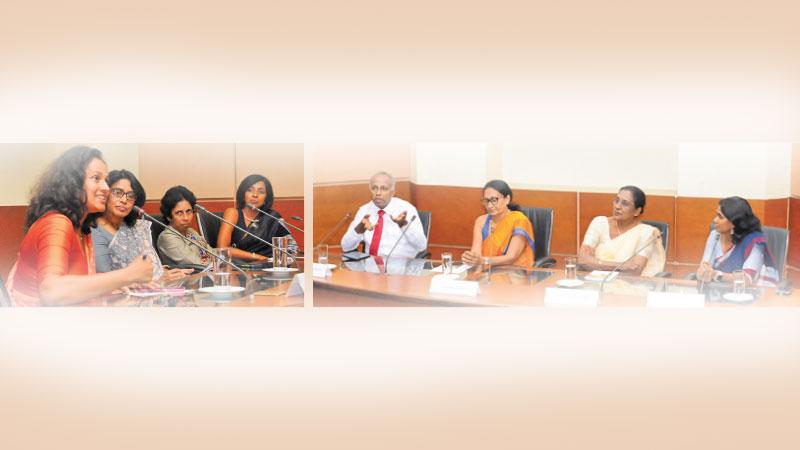
Sri Lanka faces a critical challenge in combatting non-communicable diseases (NCDs) and malnutrition, which have significant implications for public health and national development.
Despite the launch of a multisectoral action plan in 2016, NCD prevalence continues to rise in the country. Concurrently, the recent Multi-Dimensional Poverty Index by the Department of Census and Statistics indicates that malnutrition remains a pressing issue.
Recognising the urgency of addressing these concerns, the Institute of Policy Studies of Sri Lanka (IPS) hosted a Policy Dialogue focused on tackling the challenges posed by NCDs and malnutrition.
The event, titled ‘Strengthening Policies for Controlling NCD Risk Factors and Malnutrition,’ conveneda diverse group of experts, policy makers, and stakeholders to explore strategies for improving the food environment and combatting these pressing issues through enhanced fiscal and regulatory policies.
SSB tax
The dialogue was enriched by several IPS research studies funded by the International Development Research Centre (IDRC) highlighting the importance of strengthening fiscal policies and regulations to promote healthy diets in Sri Lanka.
These studies emphasised the significance of periodic reviews and adjustments of tax rates to maintain the effectiveness of the Sugar-Sweetened Beverage tax (SSB tax).
The role of consumer awareness in making healthier choices, particularly regarding the Traffic Light Labelling (TLL) system, was also highlighted, along with the need for the industry to produce healthier alternatives. However, the studies revealed gaps in the coverage and awareness of the TLL system, as it does not include milk-based products.
A political economy analysis of the food environment further underscored the rising prevalence of NCDs and the triple burden of malnutrition in Sri Lanka. The study highlighted the significant role of the food environment in addressing these challenges and provided recommendations for policy development.
These recommendations included prioritising NCDs and nutrition, ensuring comprehensive policy coverage, fostering stakeholder participation, and addressing technical and legal considerations.
A presentation based on the findings from a case study on the impact of the food environment on NCD risk factors in underserved settlements in Colombo discussed issues related to Covid-19 pandemic, inflation, and compromised food choices.
Reduced purchasing power
The study pointed out declining cooked food sales, compromised meals due to rising prices, reduced purchasing power, affordability concerns, unregulated prices, and unhealthy food choices. The participants highlighted the need for more nuanced policies targeting the food environment in urban underserved settlements.
The discussions during the event underscored the urgency of tackling NCDs and malnutrition, considering their far-reaching implications. The focus was on enhancing Sri Lanka’s food environment through fiscal and regulatory policies, along with targeted interventions to reduce the prevalence of NCDs.
Panel discussions led by Director of Research, IPS Dr. Nisha Arunatilake, and Head of the Nutrition Department, Medical Research Institute, Dr. Renuka Jayatissa explored fiscal and regulatory policies for improving the food environment and effective strategies for enhancing household diets.
Engaging in discussions with the audience enriched the dialogue, encouraging collaborative efforts and knowledge sharing.
The IPS Policy Dialogue reinforced the need for comprehensive policies, stakeholder engagement, and awareness campaigns to create a supportive food environment and promote healthier dietary choices. By implementing evidence-based fiscal and regulatory interventions, Sri Lanka can effectively combat NCDs and malnutrition, leading to improved public health outcomes and sustainable national development. - IPS
